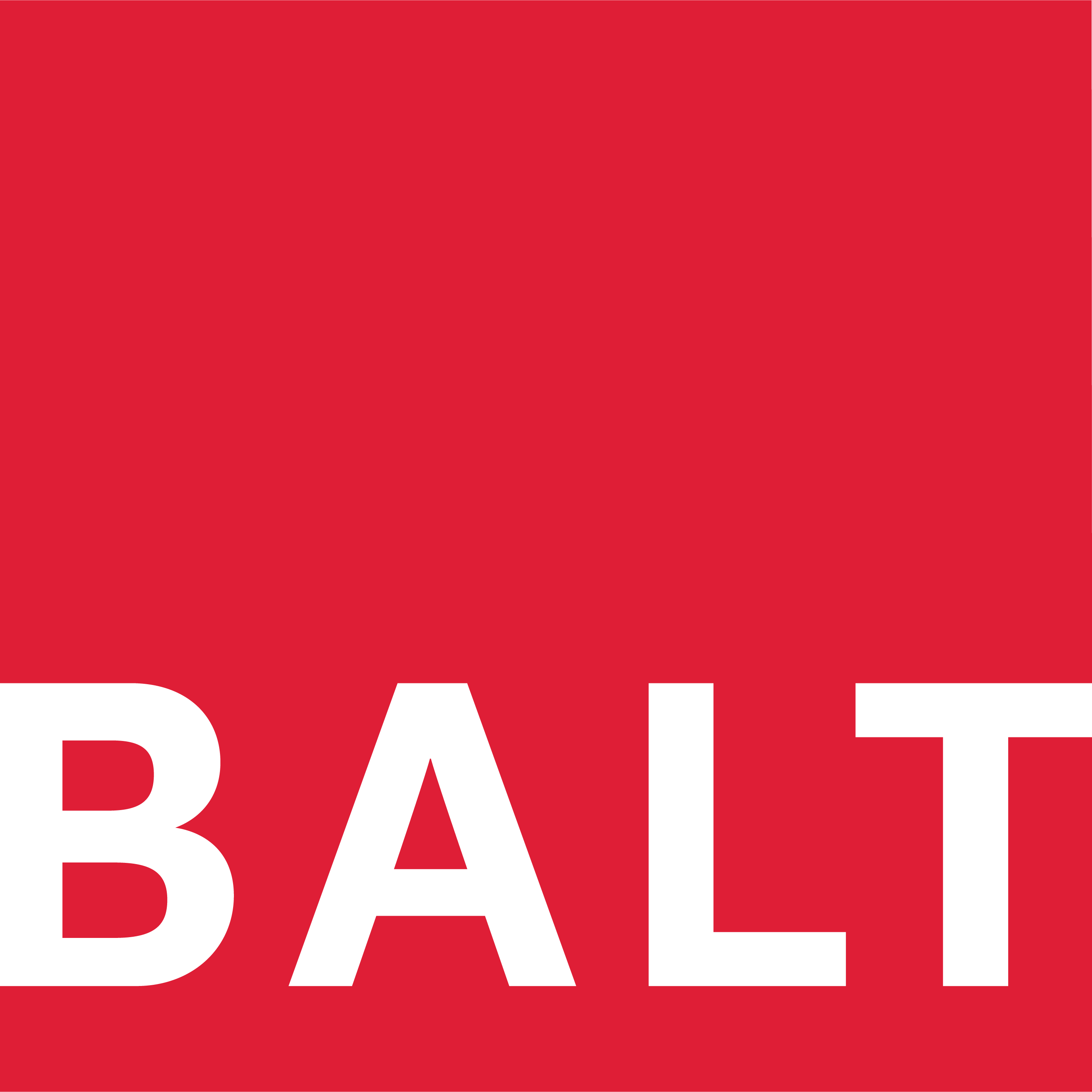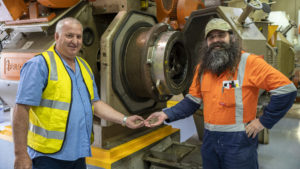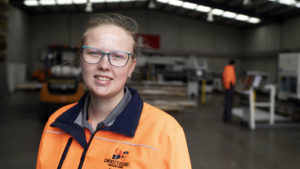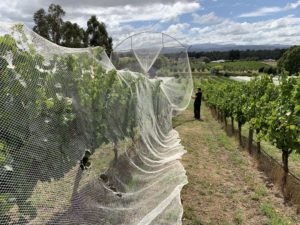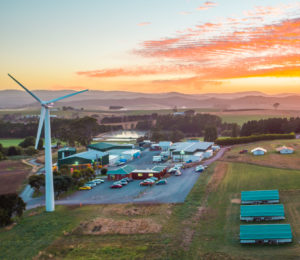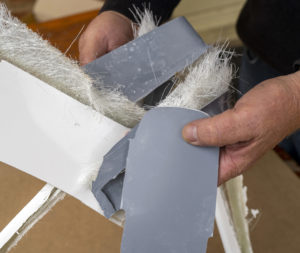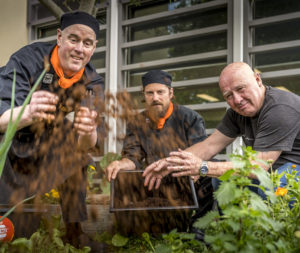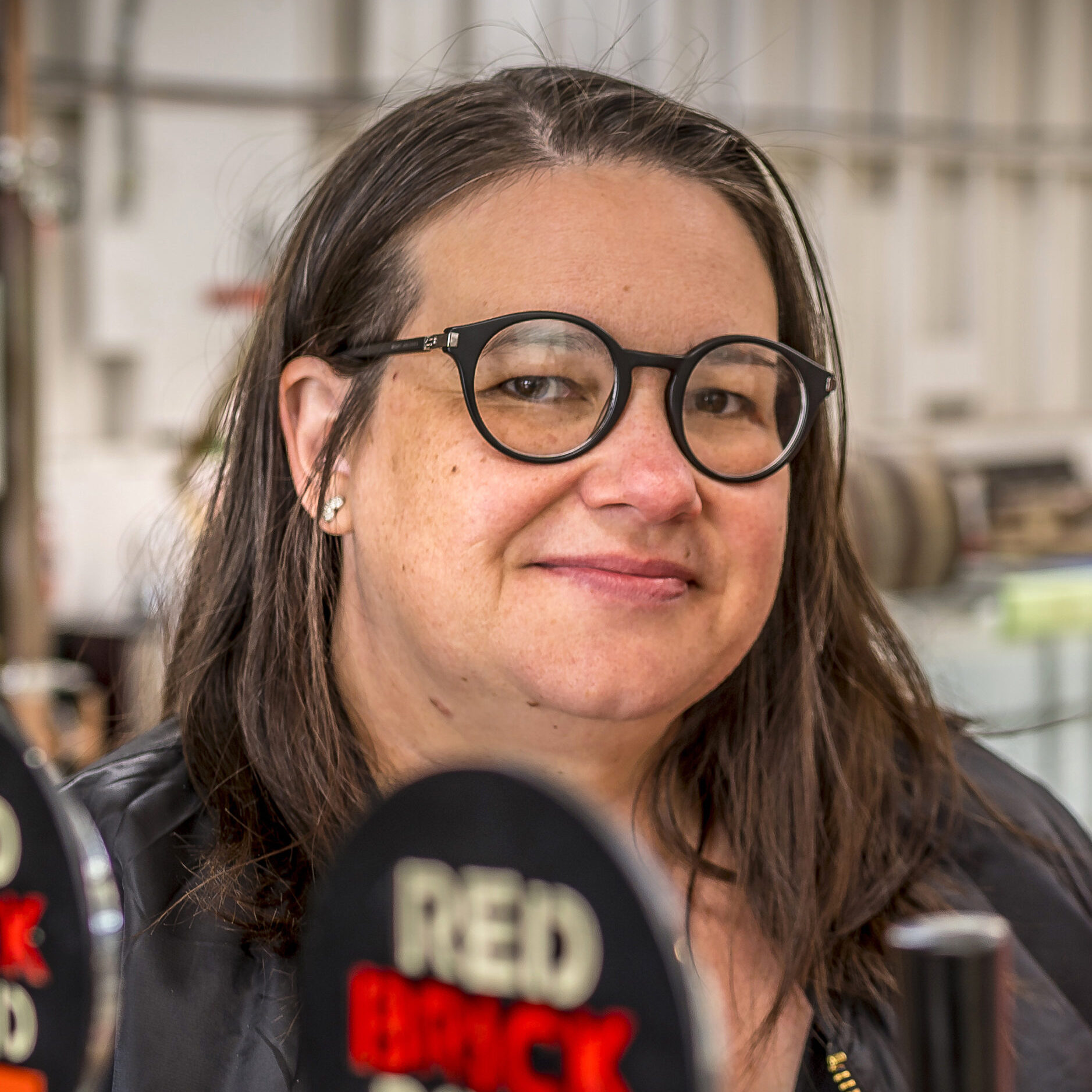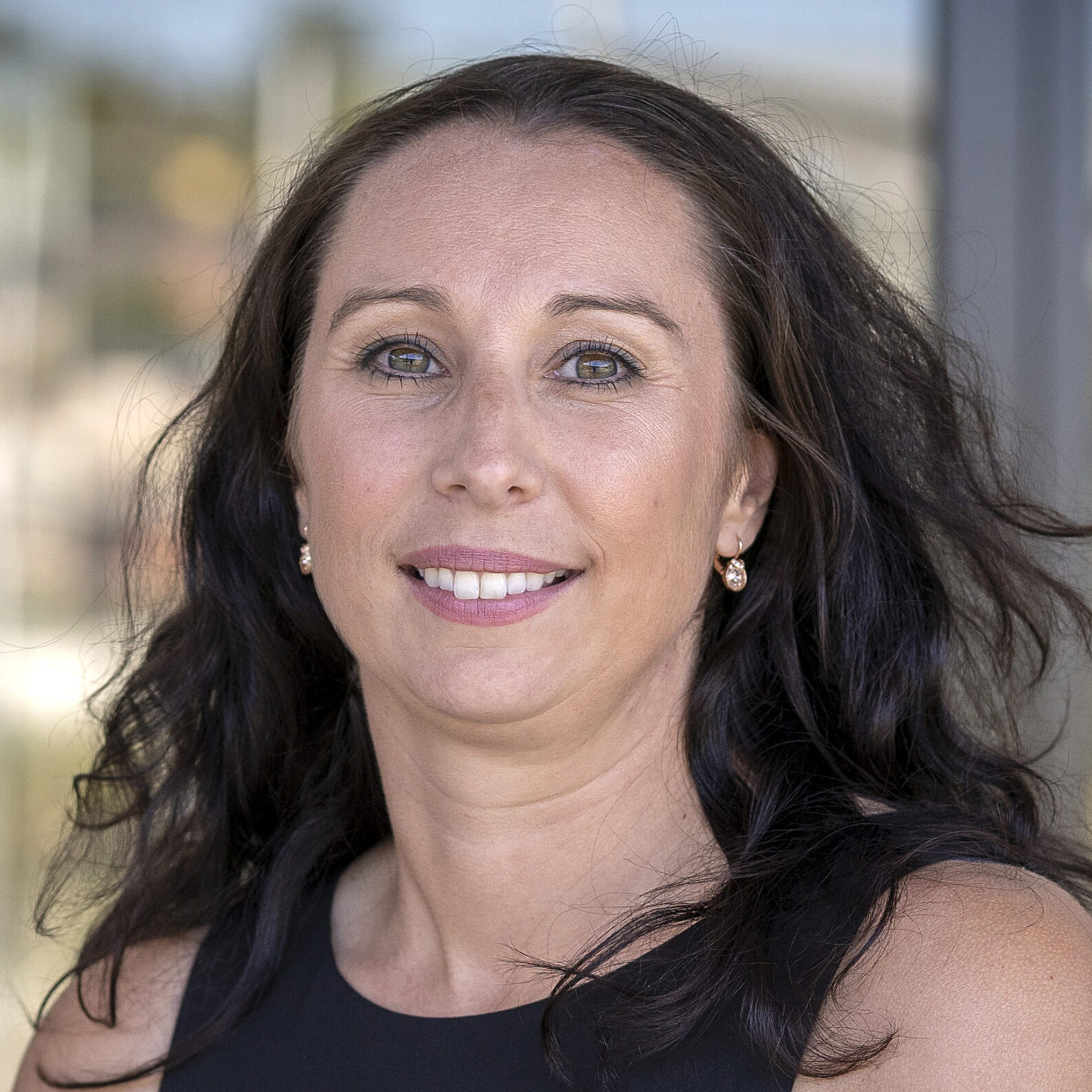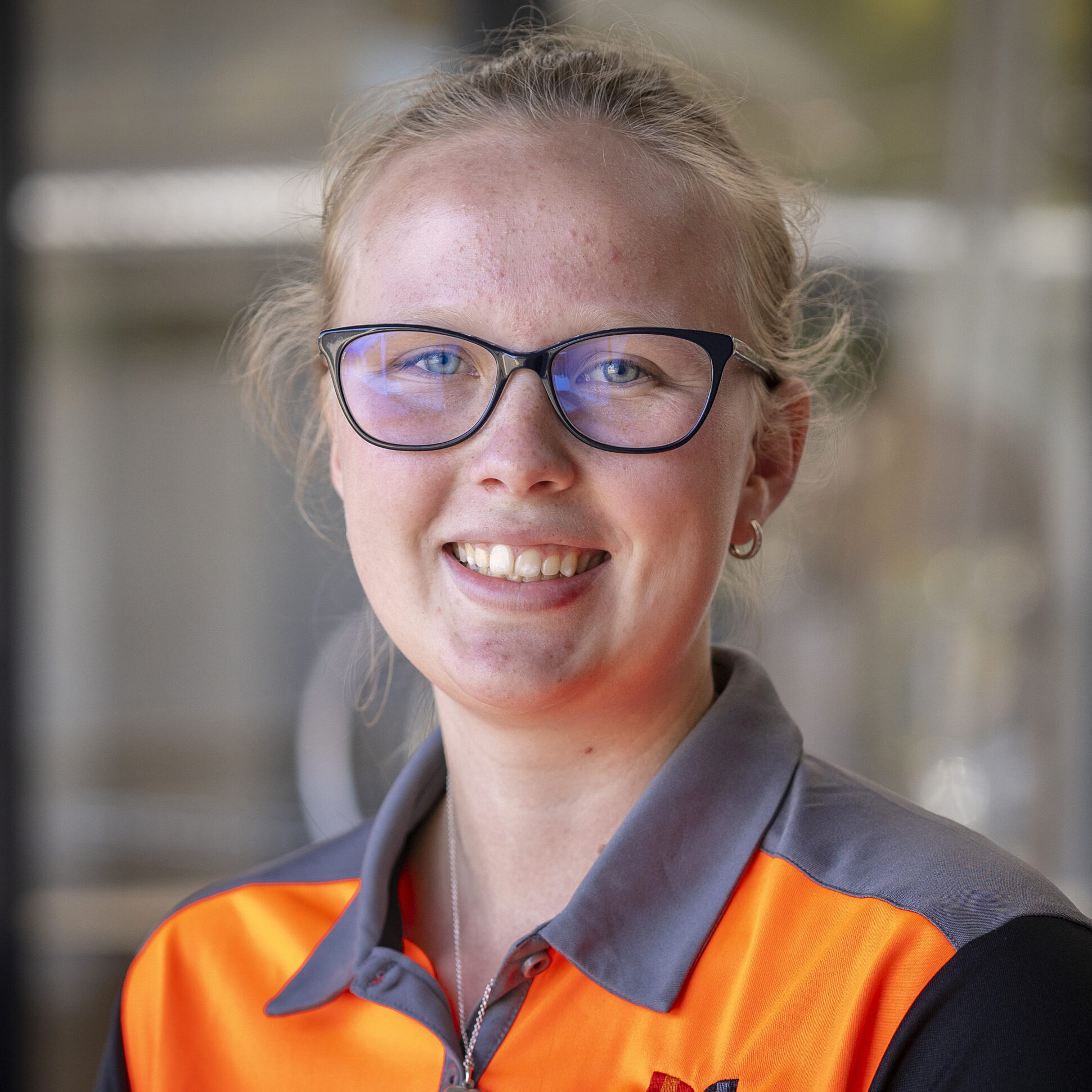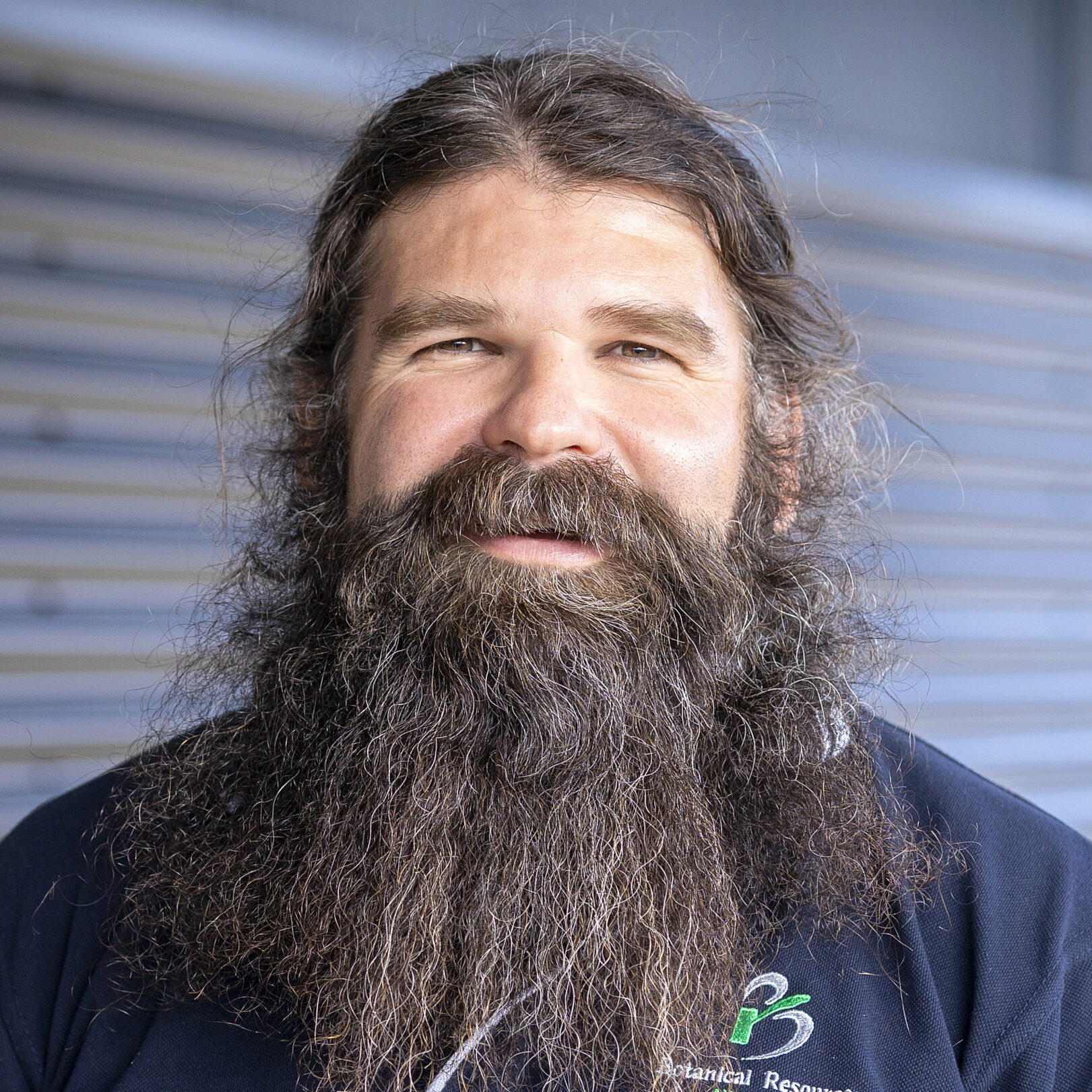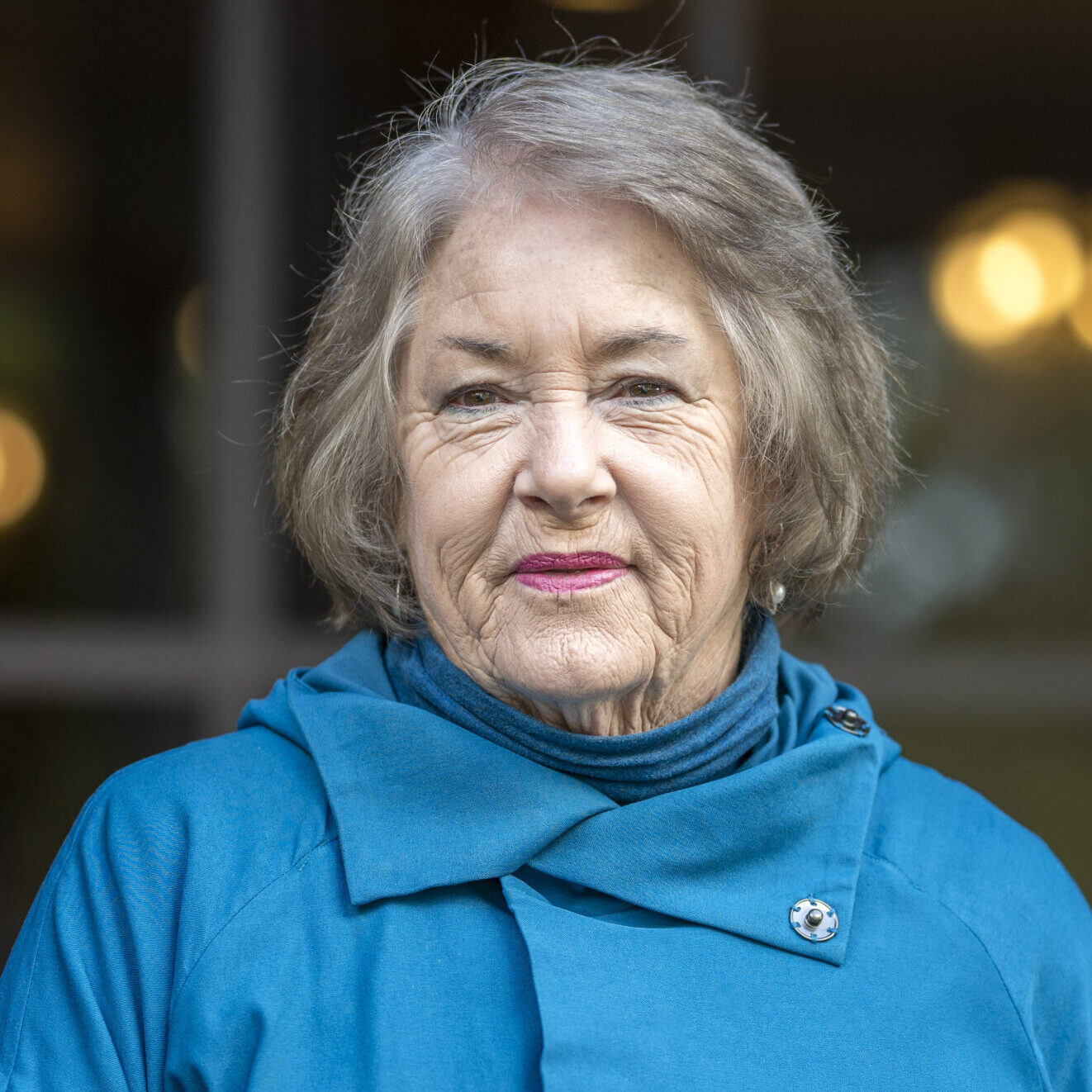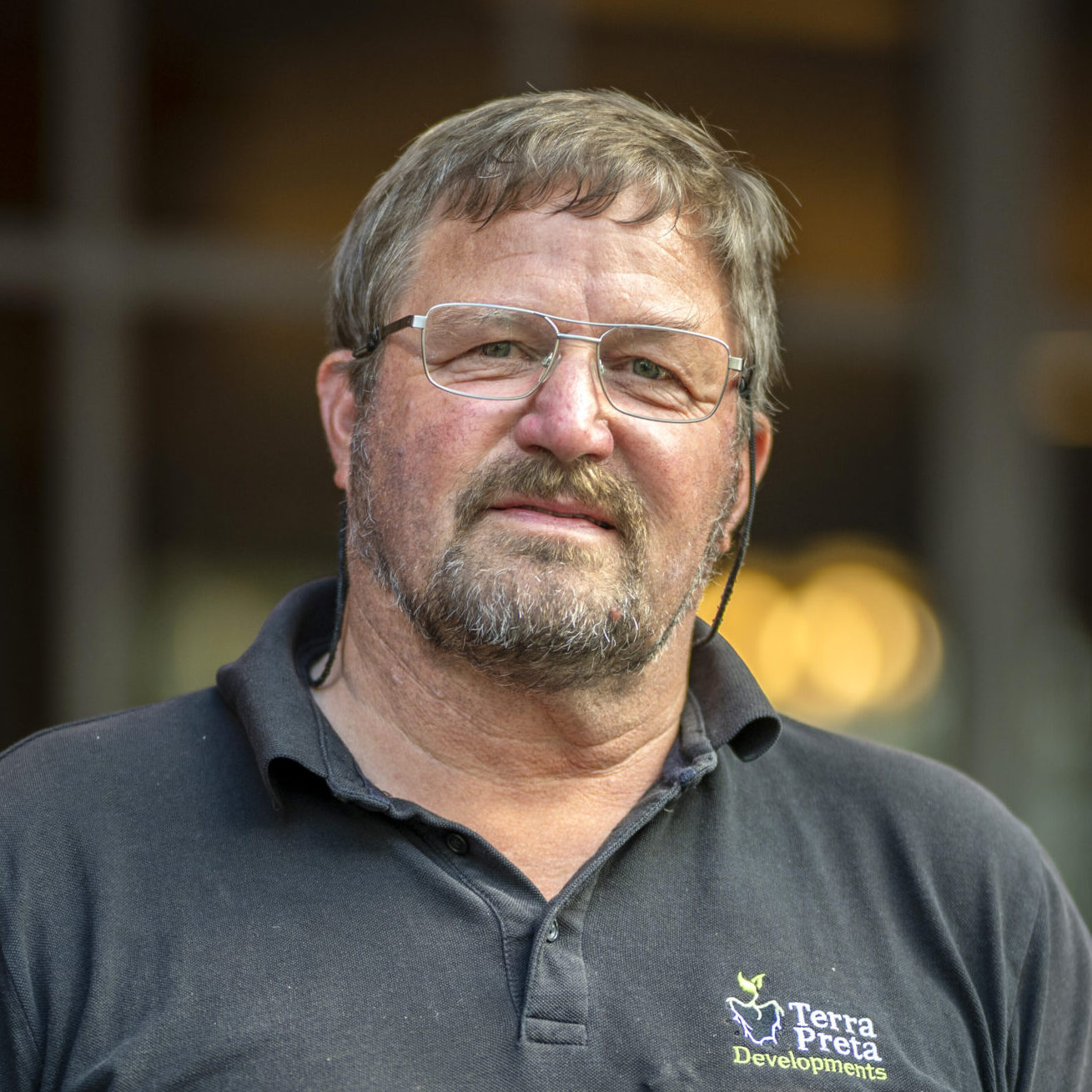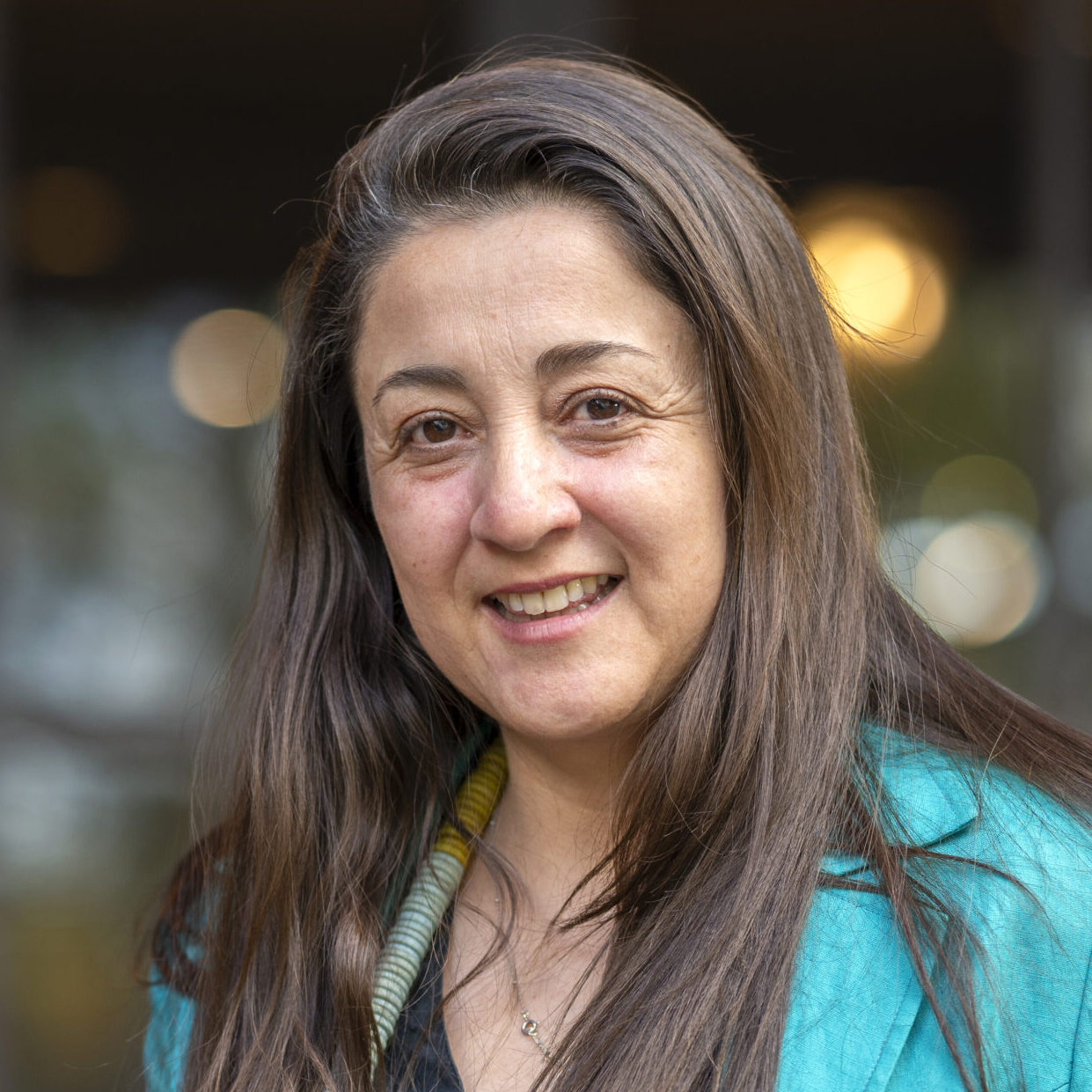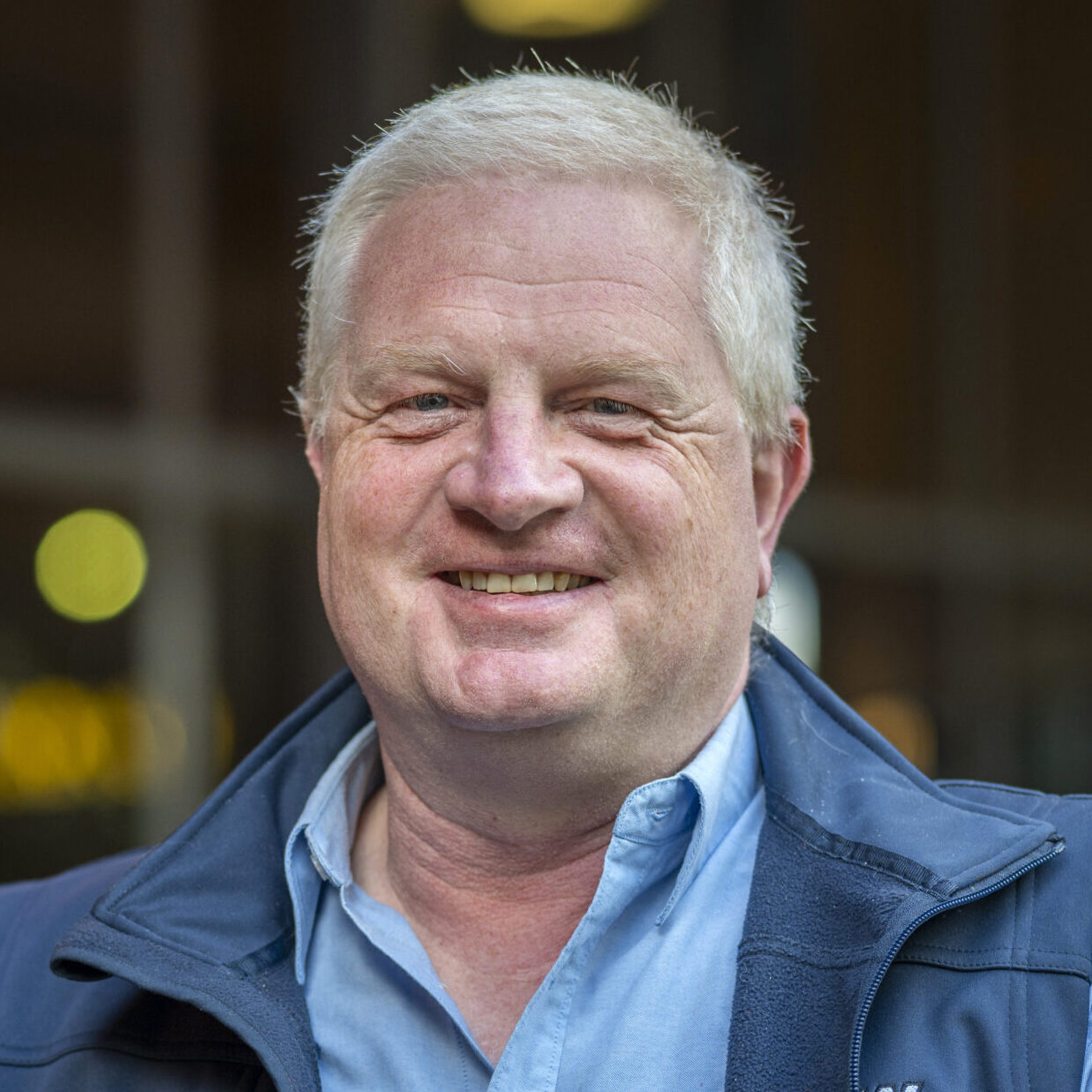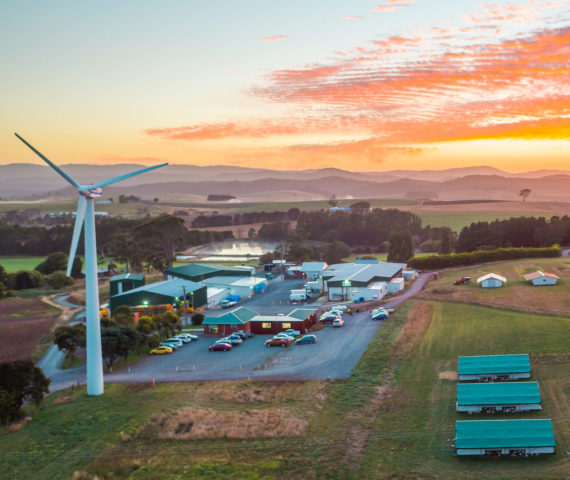
Zero plastic waste to landfill
Nichols Poultry has a strong culture of resource efficiency. Approximately 80% of waste generated on-site is already recycled, ie protein wastes are recovered as by-product and other organic wastes are composted on-site for use in crop farming.
Single-use plastic film products help the company maintain food safety standards. The main barrier to recycling this waste is high contamination rates from liquid proteins.
The Project
Analyse cost benefits and test feasibility of various scenarios with a view to implementing best case for diversion of wastes from landfill.
Objectives
- Find alternative, cost-neutral waste disposal methods for mixed plastic film/purge material.
Targets
- Zero plastic waste to landfill from production waste.
- Maintain or reduce waste disposal costs.
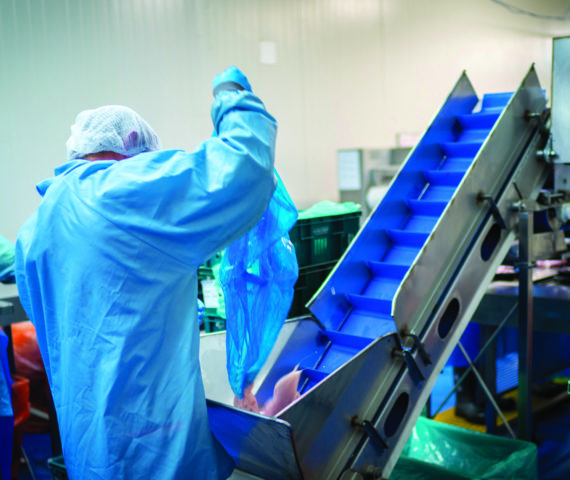
Single use plastics are commonly used as in-process packaging for transporting and storing work-in-process.
Outcomes
What was implemented?
- Numerous alternatives for single use plastics were trialed and costed.
- Alternative plant-based plastics are compostable and did work.
- Some single-use PPE products were replaced with re-usable, eg aprons.
Key issues
- The cost of alternatives (300% increase) for plant-based plastics.
- Short shelf-life and high minimum orders of plant-based plastics.
- Lack of recyclers in Tasmania that can take purge contaminated soft plastic and there are no soft plastic washing facilities.
Performance against targets
- We didn’t achieve our target of zero plastic waste to landfill and we are continuing to work on it. However, we did divert another 200 tonnes per year of organic waste from landfill to industrial composting and we found some cost savings in the way we transport our waste.
Lessons Learnt
- Industry in Tasmania needs greater support and consultation to develop waste reduction initiatives.
- There are plenty of opportunities for industry in Tasmania to divert waste from landfill.
- Industry plays a significantly larger part in waste reduction for the State compared to residential waste.
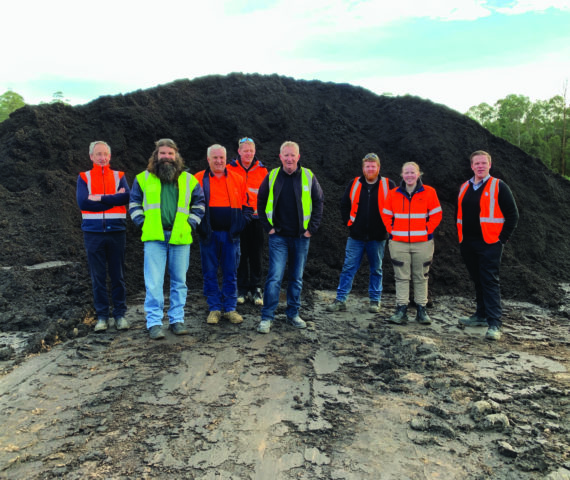
A site visit to Dulverton Waste Management Centre led to 200 tonnes of organic waste per year being diverted from landfill.

Phil Stephenson
Chief Production Officer
